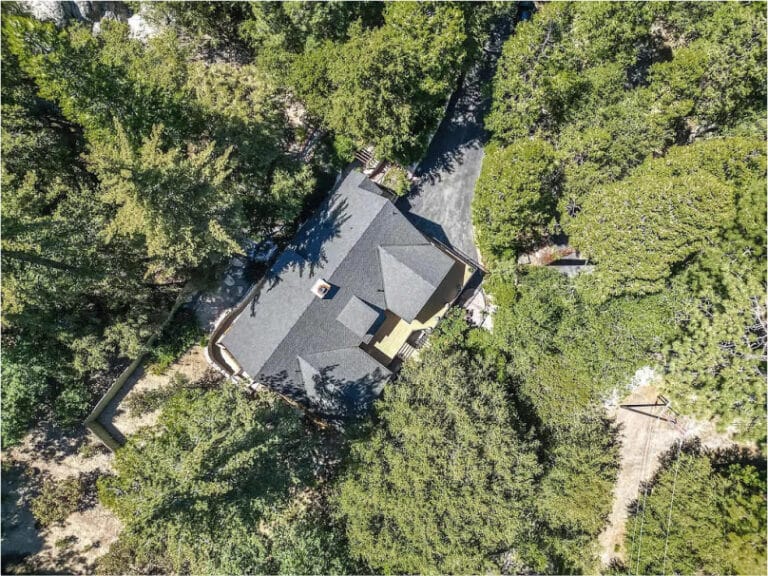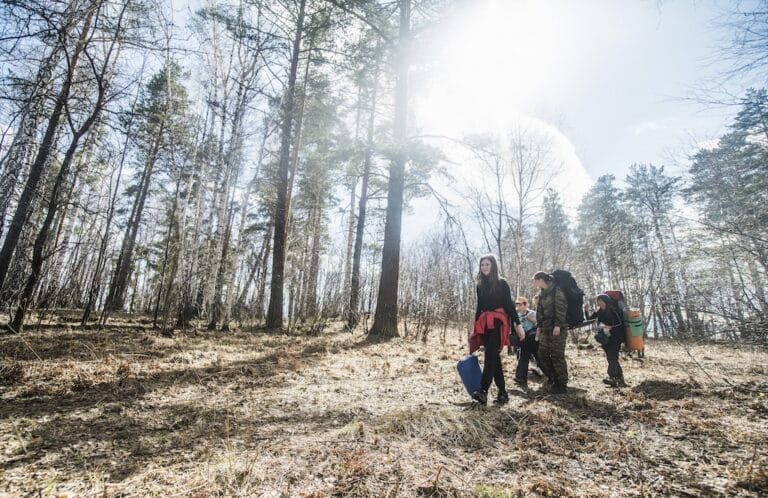The majority of people, if given the opportunity, would gladly spend an afternoon taking a leisurely stroll in the park, on the beach, or in the forest, listening to the soothing sounds of Mother Nature. Those same people may feel guilty later on for doing so. A colleague may ask where you were the other day, we missed you at work. And you say, “Oh I was laying in the meadow wondering about nothing at all really.”. Then you catch yourself. You have said too much. “Wasting time and all that nonsense,” a voice somewhere calls out, “now don’t you feel just terrible?”
Science and Nature
What if we told you these excursions in nature really improved your physical and mental health in quantifiable and verifiable ways? It is true and science agrees and part of you already knows this is true. New scientific evidence suggests overwhelmingly that this is indeed the case. Just spending time outdoors literally combats anxieties, depressions, stresses, and weakened immune systems. The reasons behind this are being revealed by new cellular research that shows how important nature is in personal wellness all the way down to the very waves and particles that life is built upon.
The Two Faces of Nature
Ah, nature. It can be peaceful, romantic and refreshing. And, as we are regularly reminded, it also has another face, one that is violent, powerful and destructive. Our contemporary, regimented lives shield us from the darker aspects of nature, for the most part. While the modern way of life does make us safer, it is also progressively removing us from the natural world. More and more doctors are pointing to the growing gap between humans and nature as a cause of people’s deteriorating physical and mental health. Furthermore, it can amplify our susceptibility to anxiety, trauma, and stress.
Nature-Based Mental Health Research
Compared to patients whose hospital windows faced a brick wall, those whose views of trees promoted faster healing, reduced pain medication needs, and fewer complications—the results of one of the earliest clinical studies on the topic of nature’s ability to heal the body and mind. Anyone surprised by this?
Mental Health Benefits
Where does mental health fit in? Everyone has experienced the positive effects of spending time outdoors, including increased happiness, decreased stress, revitalization, and concentration. There is a growing amount of evidence that suggests that we benefit significantly from engaging in outdoor activities as compared to those conducted indoors. Numerous studies have demonstrated that adults experience reduced levels of tension, confusion, anger, and depression when exercising outdoors as opposed to exercising indoors. People who spent 30 minutes or more in parks each week had a significantly lower risk of hypertension and poor mental health, according to a recent study conducted in the UK and Australia. However, why is that? It seems like some of the impacts are more mental than physical. Our worries take on less weight when we immerse ourselves in natural scenes and activities, which can also make us feel small in the grand scheme of things. Stress, anxiety, and depression can be significantly alleviated in this way.
Scientific Insights
In addition, modern technology has given scientists a window into how our brains work, allowing them to observe how we react to natural environments. Researchers in South Korea utilized magnetic resonance imaging (MRI) to look at people’s brains while they viewed city and natural settings. Cityscapes evoked feelings of tension, dread, and anxiety, whereas scenes of nature triggered areas of the brain related to joy, insight, and free thought. Brain scans taken from participants walking in either an oak tree field or a busy road were the focus of a recent Stanford study. While city walkers showed no change, those who walked in nature showed reduced activity in an area of the brain linked to ruminating, a symptom commonly seen in depressive disorders.
Look up these studies that I failed to directly mention. Or use your time more selfishly and take a walk in the woods. You owe it to yourself. You will feel better.









